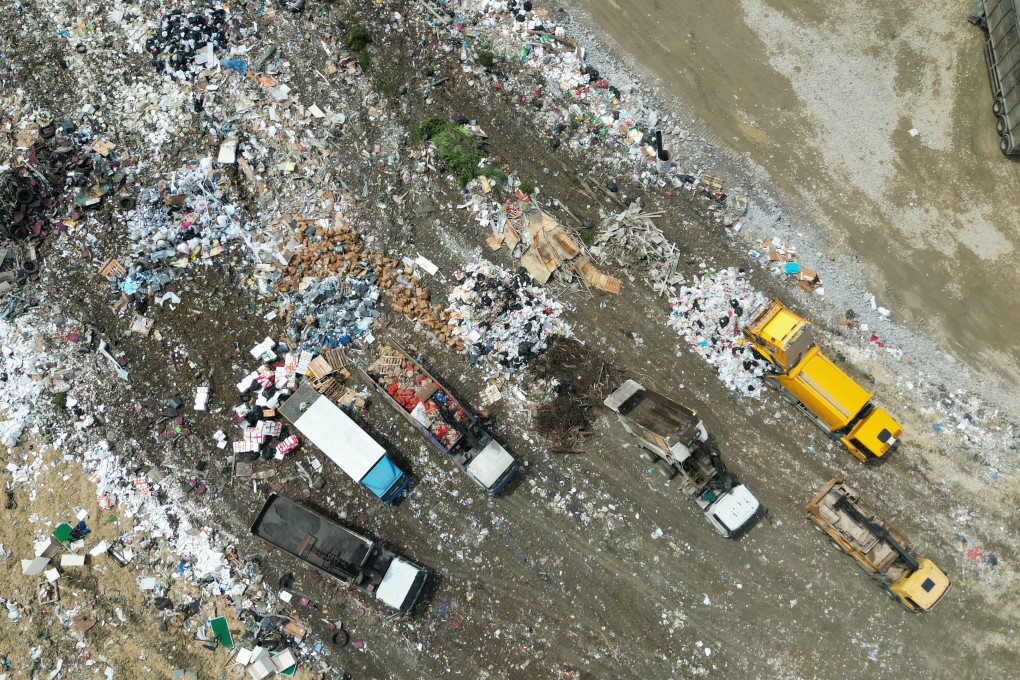Letters | Food for thought: how Hong Kong can reduce the largest category of municipal solid waste in landfills
- Readers suggests ways to encourage food waste recycling in the community, and how the Food Wise Eateries scheme could be made more effective

In 2020, 10,809 tonnes on average of municipal solid waste were disposed of in landfills in Hong Kong every day. Of this, about 3,255 tonnes (30 per cent) was food waste, the largest category of municipal solid waste in landfills, of which 76 per cent came from households. Therefore, it is imperative to promote food saving, waste reduction and proper disposal of household food waste.
We recommend the government allow environmental protection and food rescue groups to apply to use the vacant premises of housing estate mutual aid committees that have been dissolved, so that these organisations can set up service centres in the community to recycle and share leftover edible food – for example, vegetables in wet markets and bread from bakeries that are about to be discarded when shops close – in the community, so that this leftover food does not need to be turned into kitchen waste, thus reducing waste at source.
Food rescue groups could use these service centres to promote a food-wise culture in the community and help to reduce the production of food waste by educating people in the neighbourhood on environmental protection, how to classify waste and food waste recycling. Such programmes would help relieve the burden on landfills in the long run, creating a community that uses food waste wisely and encouraging mutual assistance in environmental protection.
We also recommend that the government establish a food waste reduction incentive mechanism. If families can reduce food waste at source, the cost of garbage collection would be reduced. Families that sort and recycle their food waste to a certain weight could be granted points that could be used to redeem designated garbage bags, which would be equivalent to exemption from the garbage levy. Such a scheme would enable Hongkongers to save money and help the government achieve its goal of reducing municipal solid waste.